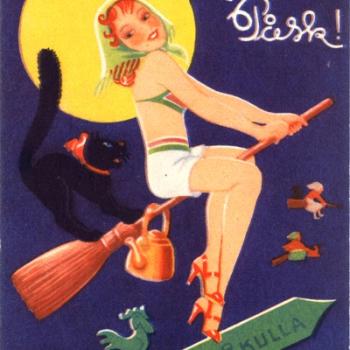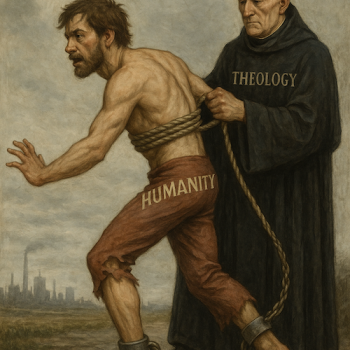Meaning, I suppose, that practical-minded America should dispense with any observation of tradition that does not bring a profit -- Arbor Day, say. But wait: does anyone celebrate Arbor Day these days?
The process of commodification continues today. Even the week-long African American festival of Kwanzaa, created by sociologist Maulana Karenga in 1966 to resist "the high-priced hustle and bustle of Christmas buying and selling," is becoming commodified; a recent trade fair for Kwanzaa-related merchandise drew hundreds of exhibitors selling greeting cards, wrapping paper, and teddy bears wrapped in dashikis. It also drew representatives from Anheuser-Busch, Pepsi-Cola, and the ubiquitous Hallmark, among other capitalist concerns. Karenga was reported to have been outraged. But, one vendor countered, "This is what makes America tick."
And so it goes. The Christmas goose will soon slaughtered, and new holidays are in the borning, or perhaps should be: Grandmother's Day, Unwed Mothers' Day, the Feast of the Unregistered Voter. To know this history is to feel no less a victim of the commercialized holidays, but it's an instructive act of resistance nonetheless. On which note, read Bill McKibben's inspiring book of the season, Hundred Dollar Holiday, a subversive tract that dares suggest that Christmas be celebrated as Christmas again. But how would the world ever tick?
This article was first published on the History News Network.
Gregory McNamee is a contributing editor for Encyclopædia Britannica, for which he writes regularly on world geography, culture, and other topics. He is also literary critic for the Hollywood Reporter and a regular contributor to many other publications.




